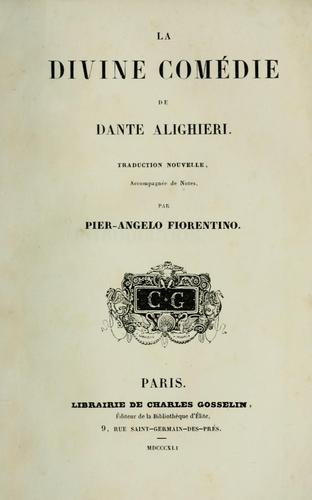johndoe12323421 reviewed La divina commedia by Dante Alighieri
One of the most important books written for western literature
5 stars
The Divine Comedy is a great book that was written 700 years ago. Inferno is the worst of the three (still so interesting) because the writing gets progressively better as each section goes. People who do not like it do not have the mental power to grasp the beautifully written book. To fully understand the "religious oddity," do some research in which the time it was written-this will help you understand the political and cultural/religious aspects of the book. Virgil's passing through the fire for Dante not to be alone in Purgatorio is an emotional weight and showcases how good Dante was in writing, even by modern standards. I would also recommend getting a good translation, which will also help. Don't read this book if you are trying to be "smart." Read it because you want to understand the political and cultural times of medieval Italy and how we as …
The Divine Comedy is a great book that was written 700 years ago. Inferno is the worst of the three (still so interesting) because the writing gets progressively better as each section goes. People who do not like it do not have the mental power to grasp the beautifully written book. To fully understand the "religious oddity," do some research in which the time it was written-this will help you understand the political and cultural/religious aspects of the book. Virgil's passing through the fire for Dante not to be alone in Purgatorio is an emotional weight and showcases how good Dante was in writing, even by modern standards. I would also recommend getting a good translation, which will also help. Don't read this book if you are trying to be "smart." Read it because you want to understand the political and cultural times of medieval Italy and how we as humans tend to put our rivals in hell. It has many flaws but also many truths. Great read for anyone interested in historical works.


